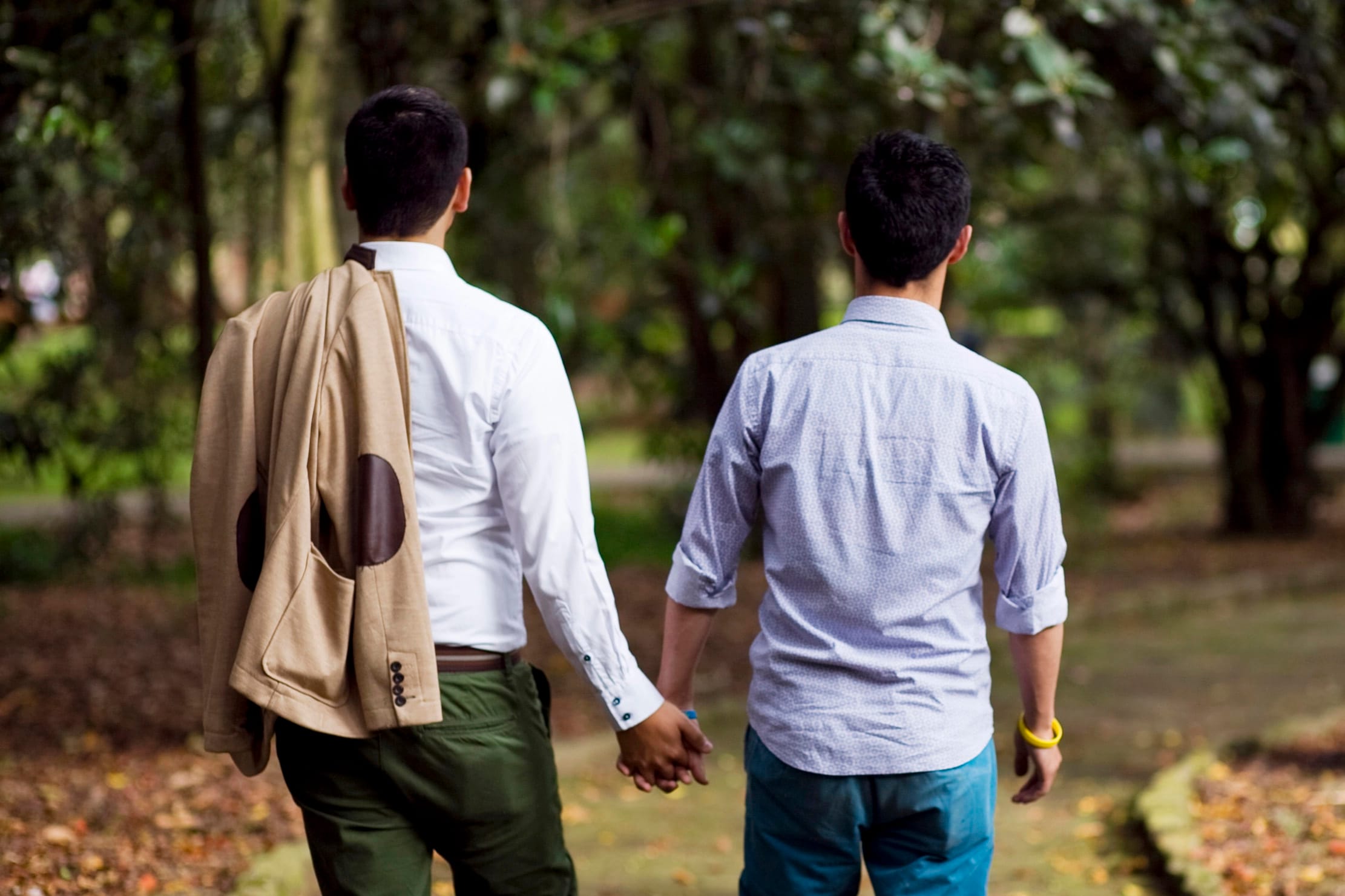Many people appear to be concerned that LGBT groups in Singapore are going to demand marriage equality, now that 377a is heading for a repeal. After all, anything can be painted as discrimination, no?
Let's unpack this.
1. Yes, LGBT groups are going to keep demanding - perhaps even more vocally now than before - equal privileges for gay couples (regardless of the new legal definition of marriage).
2. It is their right to do so (to make such demands) - but it is not their right to expect the majority accepts them.
3. No, it is not discrimination.
The difference between 377a and marriage equality is one of penalty and privilege.
377a penalized gay intercourse with prison - and was deemed an antiquated relic 15 years ago (since when the government has not enforced it).
It made private behavior of two consenting adult men a crime - which is silly.
Marriage, on the other hand, is an instrument of social policy, that comes with specific benefits.
To claim that denying marriage to homosexual couples is discrimination would automatically mean that, in fact, all other people - from singles to polygamists - are also discriminated.
What if someone decides to live on their own? Or what if multiple people decide they form a perfect 3-5-7-X-way union of mutual love?
If the logic is that all personal choices should be treated - i.e. rewarded - in the same way, then soon governments would have no way to conduct any social policy at all.
That too would, obviously, be silly.
The institution of marriage is not a tool of recognition of love between two people but the role they play in the society, which is rewarded with certain legal perks.
Democratically elected parliament decides what those perks should be, promoting socially desirable behaviours, supported by the majority granting MPs their mandates.
Unlike in the case of 377a, where opposition to its repeal was driven by political, ideological and religious reasons (i.e. either subjective or emotional), definition of marriage as a union of man and woman has support in many objective (even scientific) arguments.
First of all, it is the biological order of human nature. Sexual dimorphism drives procreation, attracting unrelated males and females to each other to produce offspring.
Secondly, families are a backbone of the nation. Social outcomes produced by complete, heterosexual households are broadly superior to every other configuration. Therefore, they deserve to be rewarded through public policy (and not only their formation but also continuation (vs. destructive separation)).
Demanding equal privileges for homosexual couples would mean rewarding socially subpar behaviours on par with those which are superior. Would that be fair treatment?
It would also mean that we'd have to start rewriting our school books. Is this something that we should communicate to children? That both homo and heterosexual behaviours are inherently comparable or even equal to each other? Wouldn't that be tantamount to denial of human biology?
After all you don't need marriage to swear your lifelong commitment to each other. You can always put rings on your fingers if you want to or even hold a ceremony if you so desire.
Nobody is going to peek into your bedroom either - let alone drag you out of it in handcuffs to throw behind prison bars in Changi.
You can do what you want to do with whom you want to do it - including spending your lives together. You just don't get to enjoy the same perks as someone whose behaviour is more in tune with the fundamentals of human nature, which receives broad public support.
Of course, there exists a possibility that at some point in the future the Singaporean society may change its views on social desirability of homosexual behaviours and redefine its laws accordingly.
And there would be nothing inherently wrong or right about that. This is simply how democracy works - the majority gets to decide the order of the country.
The fact that you don't get what you want today (or ever) does not automatically mean you're discriminated against. These two should not be conflated, let alone misrepresented by those seeking to score victimhood points (but we can dream).
As it is, however, if you're worried about the negative impact of the repeal, you shouldn't be. Unlike before, the status quo cannot be subverted or challenged through some legal trickery in an attempt to impose the demands of a minority on everybody else.





